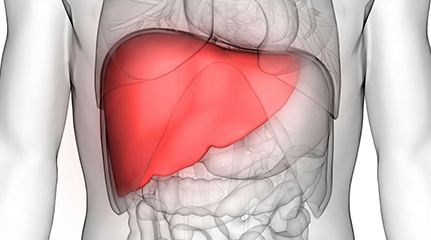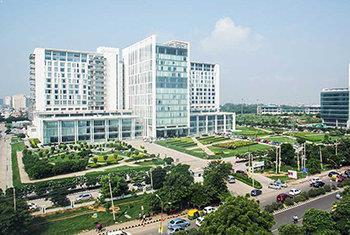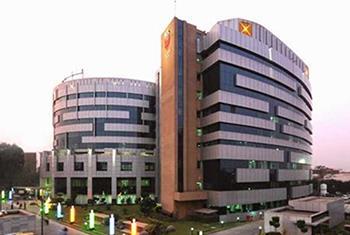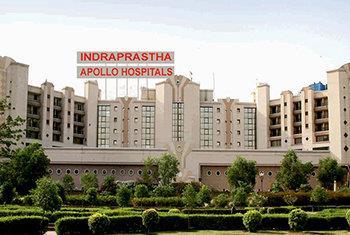Frequently Asked Questions
Q. When is a liver transplant necessary for your child?
If the child has severe liver issues that are unresponsive to medication and may prevent survival without a new liver, a liver transplant procedure may be an option. Biliary atresia is one of the conditions that necessitate a child’s liver transplant the most frequently. In this condition, the liver is unable to remove bile from the body. Additional conditions include:
Liver failure that is sudden or acute. It can occur for a number of reasons, including viral infections, the results of an autoimmune disease, unidentified causes, or a medication overdose.
- Liver conditions such as Wilson’s disease and tyrosinemia
- Alagille syndrome and cholestatic disorders are examples of genetic liver disorders
- Hepatic cancers such as hepatoblastoma
- Liver cancer
- Budd-Chiari disease
- Unhealthy alpha-1 antitrypsin is a genetic disorder.
Q. What happens during the evaluation stage of a child’s liver transplant?
The child will need to undergo an evaluation process before becoming healthy enough for a liver transplant. There are numerous tests conducted, including:
- Diagnostic procedures to check the general and liver health of the child
- Evaluation of the child’s mental health and social development as well as that of his or her/their family
- Chest X-ray, echo, CT scan, and colour Doppler.
These examinations will assist in determining whether or not the child qualifies for a liver transplant. A child may not be able to receive a transplant in some circumstances, including:
- If an ongoing infection or active infection is present in your child
- Irreparable brain injury
- If the child has heart issues (which can be managed medically or surgically),
- If the child has a serious condition in another part of their body, the transplant may not help.
Q. Can infants and newborns receive liver transplants?
Liver transplant surgeries are safe for infants and newborns, but they come with a few extra risks.
- To help the baby grow as much as possible before the transplant, the doctor or liver transplant hospital may stabilise the disease and slow its progression.
- There are fewer chances of complications before or after the transplant if the baby is large and healthy.
- If more waiting is not an option, liver transplantation can still be done at this age.
Q. What conditions must be met for the child to receive a liver donation?
The suitability of a potential donor to donate a liver to a child depends on a number of factors. Among them are:
- The donor’s age should range from 18 to 55 years old.
- The donor’s physical and mental health should be good.
- The donor’s blood type needs to match your child’s blood type.
Q. What paperwork is required in India for organ transplants?
- The Transplantation of Human Organs Act, of 1994 is the legal framework in India that governs solid organ transplantation. This law was passed to stop medical ethics and the sale of human organs.
- According to the Act, all significant Indian hospitals have statutory licences to perform human organ transplants.
- This act only permits transplants when the donor and recipient meet specific requirements, which are overseen by the transplant authorization committee established by the Indian government.
If the Authorization Committee discovers a discrepancy in your documents, it may decide not to grant permission for the organ transplant surgery.
Q. Who is the close relative donor?
It only refers to the donor’s grandparents, parents, spouse, siblings, children, and grandchildren. A close relative donor would refer to the husband or wife in the case of married donors.
Q. Who is the first-degree donor?
Grandparents, parents, kids, siblings, and grandchildren are the only relations in the first degree.
Q. Who is a distant relative or unrelated donor?
Distant relatives include cousins, in-laws, nieces, nephews, and brothers or sisters’ in-law. All other donors fall under the category of unrelated donors.
According to the Transplantation of Human Organs Act, 1994 (THOA), the donor’s suitability will be determined by the transplant surgeon. The donor must be older than 18 years old.
Q. What transpires to the donor’s liver following surgery?
Since the liver is the only organ in the body that has the ability to regenerate, the donor liver will return to normal after 8–12 weeks.
Q. How much time will the patient and donor need to spend in the hospital?
The patient needs to stay in the hospital for about three weeks (which may vary as per the condition and other factors) in order to fully recover, whereas the donor is discharged after just one week.
Q. What is the survival rate for kids who have had liver transplants?
Numerous variables, including the child’s age and health status, affect the survival rate. Our outcomes, however, are on par with those of the most reputable facilities worldwide.
A paediatric liver transplant is a surgical procedure carried out in India to remove a diseased liver and replace it with a healthy one. It is very effective in treating children with liver diseases that cannot be treated with standard drugs and surgeries and gives them the chance to live a long and healthy life.







